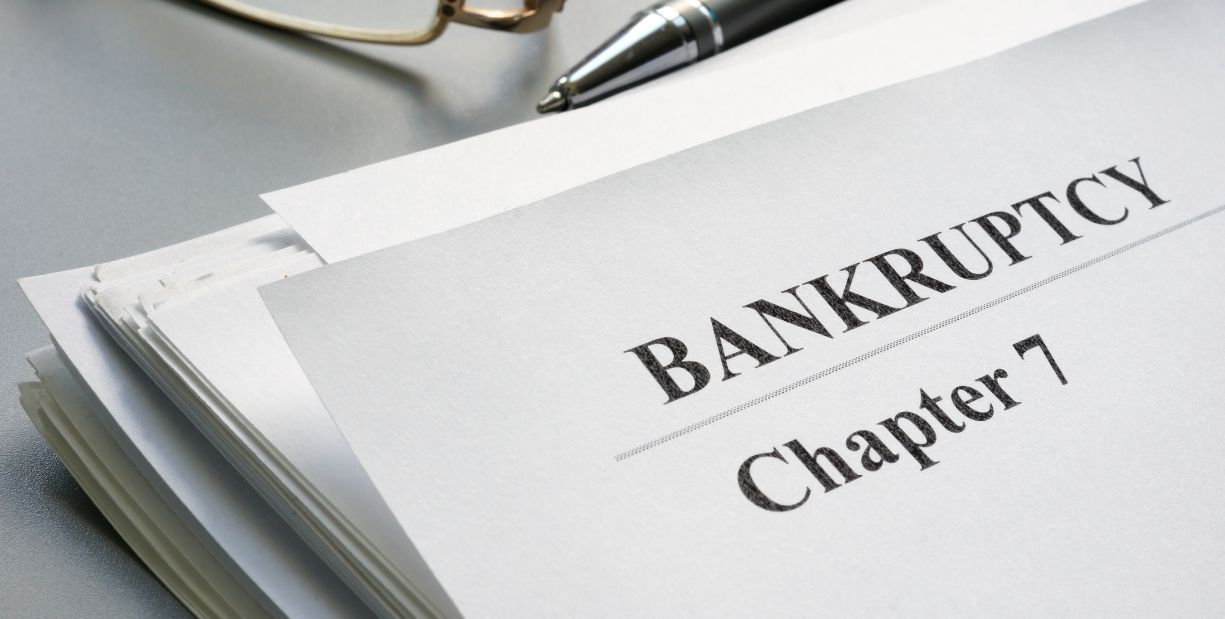Can Chapter 7 Bankruptcy Take Your Car?
Can Chapter 7 Bankruptcy Take Your Car?

If you're considering filing for Chapter 7 bankruptcy in New York, you may be worried about whether you'll lose your car in the process. For many people, a vehicle isn’t just a luxury—it’s essential for getting to work, caring for family, or handling everyday tasks.
So, can Chapter 7 take your car? The short answer is: it depends. Let’s break down the rules, exemptions, and strategies you can use to keep your car during and after a bankruptcy filing.
What Happens to Your Assets in Chapter 7?
Chapter 7 bankruptcy is often called “liquidation bankruptcy” because the court-appointed trustee may sell your non-exempt assets to pay off your creditors. However, not all property is subject to sale—certain assets are protected under exemption laws, including your car.
The key issue is whether your car has equity beyond the amount exempted.
Understanding Vehicle Exemptions in New York
In New York, you can use either the federal or state exemption system when filing for bankruptcy.
Most filers opt for New York State exemptions, which currently allow:
- Up to $4,825 in equity for one motor vehicle
- Up to $11,975 in equity if the vehicle is equipped for use by a disabled debtor
Equity is the market value of the car minus any outstanding loan balance. For example, if your car is worth $10,000 and you owe $6,000, your equity is $4,000, which would be fully exempt.
If your equity is below the exemption limit, your car is protected. If it's above, the trustee could sell your vehicle, give you the exempted portion in cash, and use the rest to pay creditors.
Scenarios That Affect Whether You Can Keep Your Car
1. You Own the Car Outright
If you own your car with no loan and the value is under the exemption limit, you will likely keep it. If it’s worth more, it may be at risk unless you can “buy it back” from the trustee.
2. You’re Still Financing the Car
If you’re making payments on a car loan, the situation is more complex. You may have three options:
- Reaffirm the debt: Agree to keep making payments and keep the car
- Redeem the car: Pay the lender a lump sum for the car’s current market value
- Surrender the vehicle: Give the car back to discharge the remaining loan balance
Most lenders will allow you to reaffirm the loan if you're current on payments.
3. You’re Behind on Payments
If you’re behind on your car loan, the lender may still repossess the car even if it’s exempt from liquidation. Filing for Chapter 7 may delay repossession temporarily through the automatic stay, but it won’t remove your responsibility to make payments.
Can the Trustee Take My Car for Other Reasons?
Yes, in rare cases:
- If the car is a luxury vehicle well above the exemption threshold
- If it was purchased fraudulently just before filing
- If you have multiple vehicles with excess value
Your bankruptcy attorney can help evaluate and protect your assets before you file.
What If I Need My Car for Work?
New York does not have a specific “tools of the trade” exemption for vehicles. However, if your car is essential for your job (like a contractor’s work truck or delivery vehicle), this can be raised during the filing to argue for retention under hardship.
Should I Keep or Surrender My Car in Chapter 7?
Ask yourself:
- Are you upside down on the loan? (You owe more than it’s worth)
- Can you afford the payments going forward?
- Would you be better off starting fresh with no car debt?
In many cases, surrendering the car and discharging the loan can free up cash flow and open the door to rebuilding credit with a more affordable vehicle.
Work with a Bankruptcy Attorney
A local attorney will:
- Analyze your car’s value and loan status
- Maximize exemptions to protect your property
- Help you decide whether to reaffirm or surrender
- Ensure your rights are protected throughout the process
The J. Singer Law Group has helped hundreds of New Yorkers navigate Chapter 7 bankruptcy while preserving critical assets like vehicles, tools, and homes.
Frequently Asked Questions
1. Will I lose my car if I file Chapter 7 in New York?
Not necessarily. If your car’s equity is below the exemption limit, or if you reaffirm your loan and stay current, you can likely keep it.
2. How much car equity is exempt in New York?
Up to $4,825 in equity, or $11,975 if the vehicle is equipped for a disabled debtor.
3. What happens if I’m behind on car payments?
Even if the car is exempt, the lender can still repossess it unless you catch up or surrender it as part of the bankruptcy.
4. Can I keep a financed car after Chapter 7?
Yes, if you reaffirm the debt and continue making on-time payments.
5. What if my car is worth more than the exemption?
The trustee may sell it, give you the exempted portion, and use the rest to pay creditors—unless you “buy it back” from the estate.











